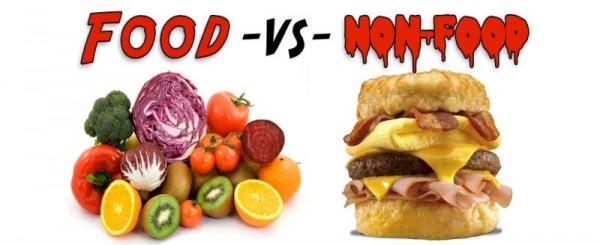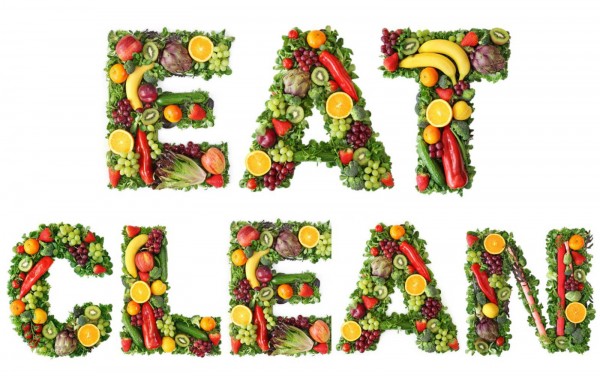On the first day, your morning cup of coffee is good for your health, the next day it is bad for your heart. Even experts may confuse healthy eating and healthy food information circulating around. Isn't obvious when you see "light", "natural" or "organic" on the products, that these are the words that should give you the impression to buy them?
In the end, you will ask yourself: Which information is correct and which is not? What you really should eat? What is the definition of healthy eating and healthy food?




Misused Healthy Eating Concepts
To help to clarify some of the confusion, we asked a group of nutrition experts to tell us which are the most misused healthy eating concepts, nowadays. 1. DETOX is the first thing Huffpost (Nutrition Diva's - Secrets for A Healthy Diet) would like to erase from the dietary dictionary. The idea that certain nutrients accelerate the detoxification process is naive. The best way to clean the body of toxins is to reduce their intake.



Leave a Comment
